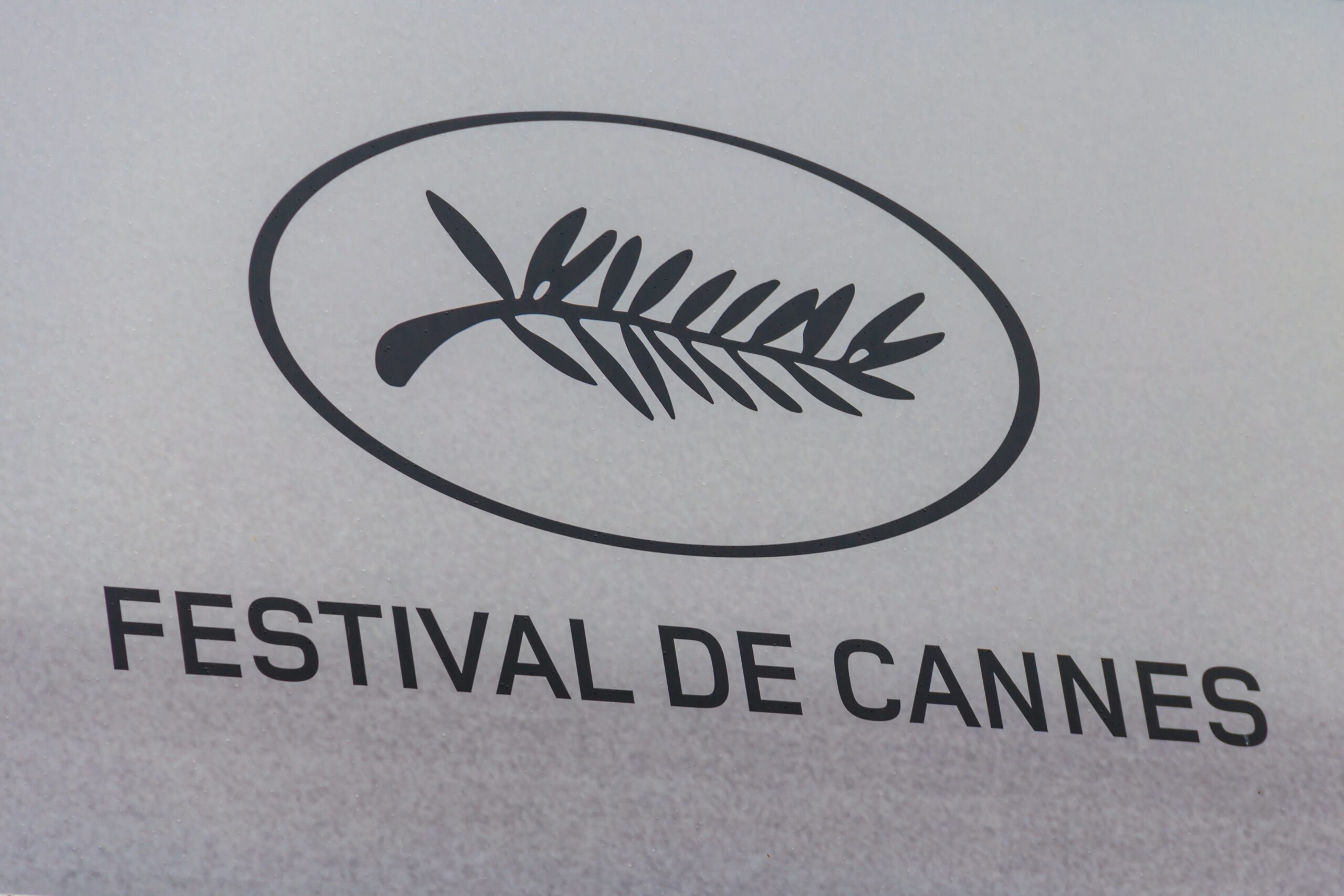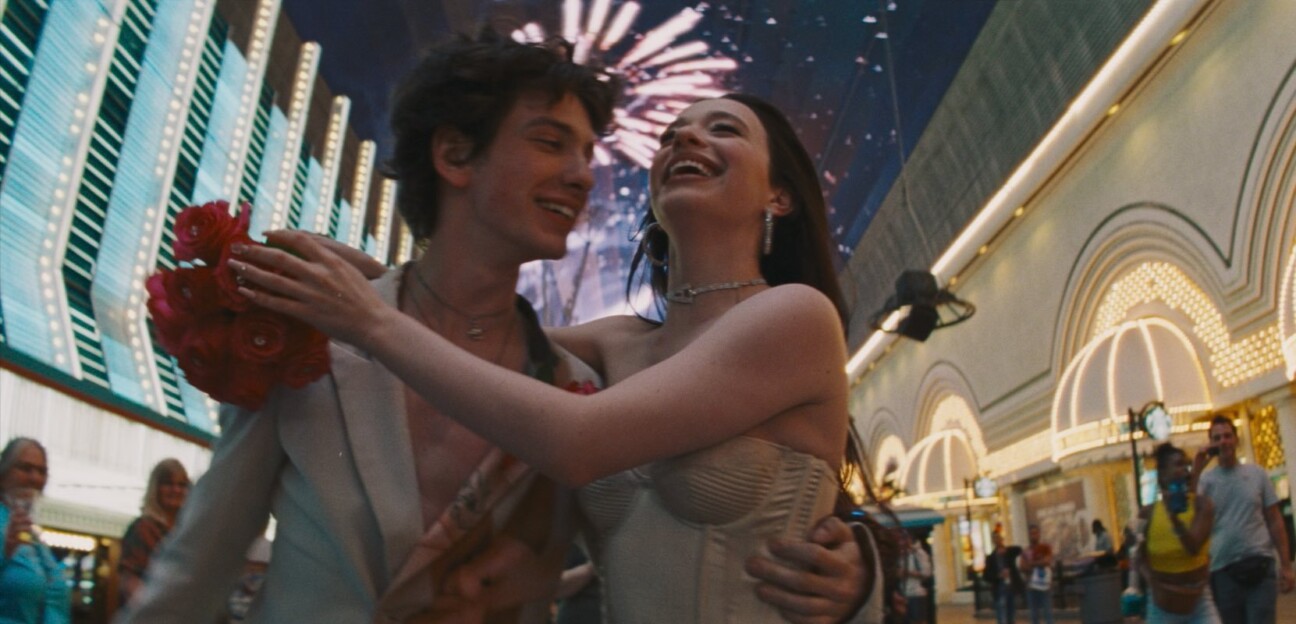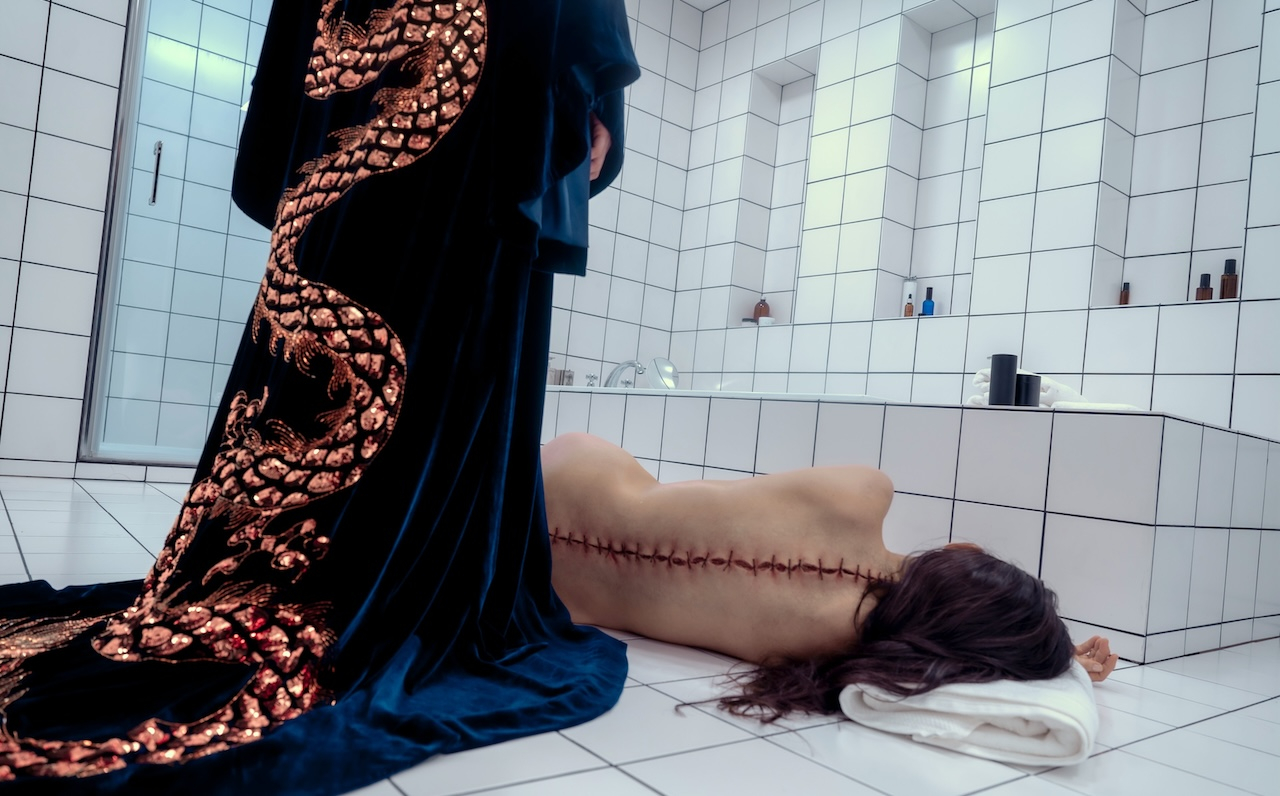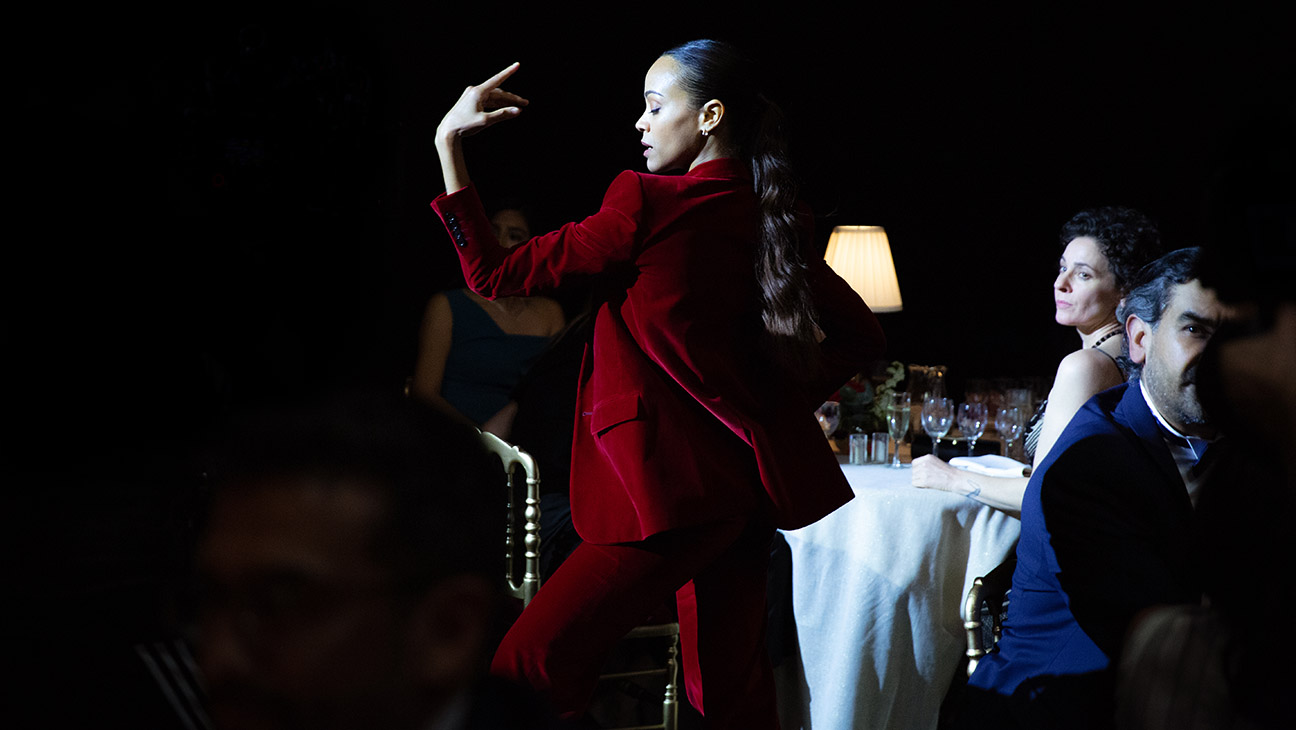The 77th Cannes Festival resonated as a chamber choir of female voices, with the majority of main program plots revolving around the characters and destinies of women. Within this context, it comes as no surprise that the principal conductor of the jury, Greta Gerwig, bestowed the solo performance upon “Anora,” a blend between “Pretty Woman” and the Safdie brothers’ “Uncut Gems.” For a decade, Sean Baker has been shooting indie films, and with “Anora,” this culminated in a form to which Gerwig, herself emerging from the cinema underground, could not help but feel a profound affinity. The decision can also be viewed as strategic, reintroducing a ‘human face’ to the entire festival, as queues will undoubtedly form for screenings of this new award-winning film—unlike last years’ laureates such as “Titan,” “Triangle of Sadness,” and “Anatomy of a Fall.”
Cannes-2024. Part III


Cannes-2024. Part III
Blending into the festival’s feminist undercurrents, Substance, with the best screenplay award, outshone Cronenberg’s Shroud both in ideological capital and audience favor, and on his very own turf. The grotesque body horror (an element Cronenberg has always lacked is humor) boldly examines genre boundaries, defying established norms—from good taste to composition. As if Coralie Fargeat had stuffed the ideas of Lynch, Ducournau, early Carpenter, and Aronofsky into a chatbot, then penned a screenplay based on the generated response for a film that, at its premiere in the Lumière, elicited the most visceral combination of reactions—audience fainting and vomiting.

All We Imagine as Light, which we could have imagined as a participant of the Un certain regard program some 10 years ago, now claims the Jury Grand Prix. Shot with an unhurried Asian cadence under natural light, the movie delves into the fragility of love and human solidarity within Mumbai, one of the world’s largest megacities. It is Kapadia’s tactfulness—extending not only to her characters and directorial approaches but also to the very matter of life—that captivated rather than merely seduced at Cannes.
Jacques Audiard’s Emilia Perez (jury prize) paints another collective image emblematic of the past festival. Much like the main character undergoing a gender transition, Audiard shifts from the theme of masculinity to more universal narratives. And what could be more universal than a trans-rom-musical in the style of a telenovela, infused with Latin passions by Selena Gomez and Zoe Saldana? However, the film truly belongs to Carla Sofia Gascón, who endows her character—potentially prone to odious stereotypes—with a full spectrum of humanity.

Among the prize winners, Miguel Gomes’ The Great Journey stands out, awarded for Best Direction. This melancholic film, with a continuous inner monologue, pseudo-documentary camera, and a century-old Burmese setting, harks back to the experiments of Chris Marker, wrapped in the packaging of Alice Rohrwacher. Although its form lacks the fireworks-like exuberance of the 77th Cannes, one cannot help but quietly chuckle at the idea of a white man’s journey through Southeast Asia shot on black-and-white film.

It was as if the great masters—Sorrentino, Coppola, Lanthimos—observed the competition from the sidelines, each submitting works that weren’t necessarily their finest. The assumption that they no longer need any awards harbors a poisonous drop of insincerity. Coppola’s Megalopolis, much like in the previews, elicited mixed reactions and now awaits its final judgment—from the mass audience. For Sorrentino, beauty remains both a curse and the primary compass of creativity to an equal degree. As for Lanthimos, his work demands scrutiny despite any critical reservations.
Seeds of the Sacred Fig, which had received from critics the highest score among all contestants, was awarded a special jury prize (with a hint of consolation), reaffirming that Cannes is reluctant or perhaps incapable of addressing contemporary agendas.
Each person took something different away from the cinematic celebration. Just as in cinema, ideas, tastes, moods, and coincidences intermingle in Cannes, giving birth to new dimensions of meaning. The competition promised more on paper, but the charm of any attraction lies in the willingness to be amazed by the unpredictable. Whether it’s the unpredictable cinema, the unpredictable nature, or the unpredictable nature of Gerwig’s gowns—all is well with Cannes.




